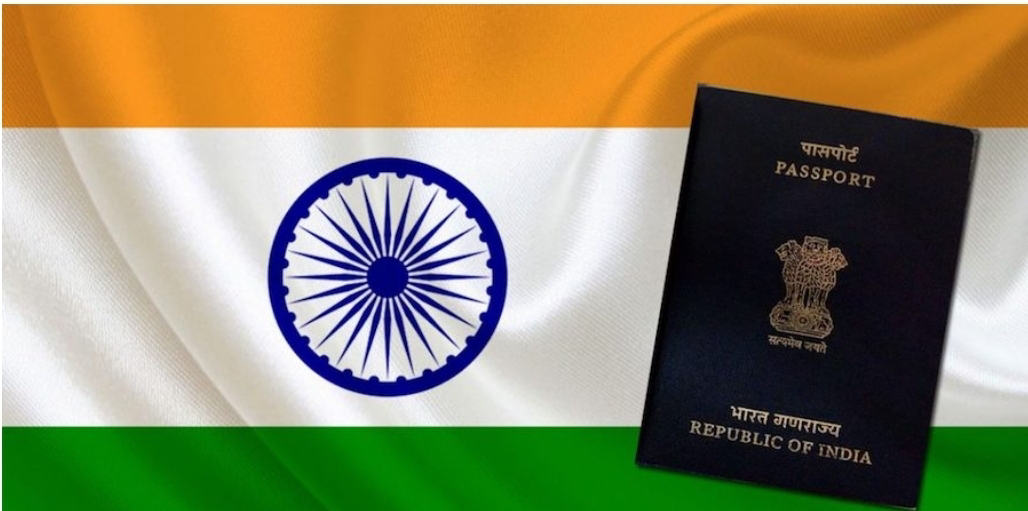CITIZENSHIP IN INDIAN CONSTITUTION
Recently, the name of Pakistani Seema Haider is in the headlines, today we will learn about the citizenship of the Indian Constitution.
Citizenship in the Indian Constitution is covered under part ll (Articles 5-11).Here are some key points.:
1. Object: The object of these provisions is to determine who shall be a citizen of India at commencement of the Constitution and who may become a citizen subsequently.
2. Amendment: The Indian Constitution has undergone several amendments related to citizenship. The most notable amendment was made in 1986 through the Citizenship Amendment Act, which introduced various provisions for acquisition and determination of Indian citizenship.
3. Rules: The rules for Indian Citizenship are primarily based on birth, descent, registration, and naturalization. These rules define the criteria for different categories of Citizenship, such as Citizenship by birth, Citizenship by descent, citizenship by registration, and citizenship by naturalization.
4. Citizenship act
: The Citizenship Act, 1955, provides the legal framework for the acquisition and determination of Indian Citizenship. It has been amended multiple times to address various aspects related to Citizenship.
. Conclusion:
Indian Citizenship is a complex and nuanced subject, and it is important to refer to the relevant provisions of the constitution and the Citizenship Act for a detailed understanding of the rules and regulations surrounding Citizenship in india.
It is advised to consult the Indian Constitution and the Citizenship Act, 1955 to have a comprehensive understanding of the subject.









Comments
Post a Comment